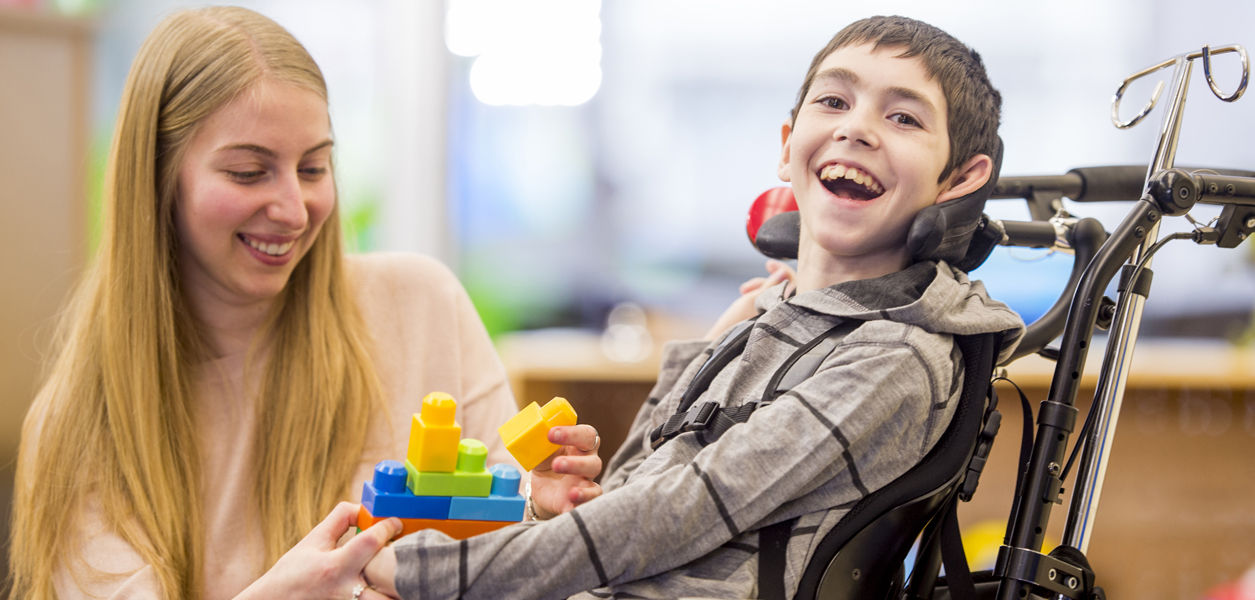PROFESSIONAL ASSOCIATIONS
At Prestige Nursing & Care we are members of, and work closely with leading professional associations, industry bodies and charities involved in ensuring people can access the right care and support at the right time – for all of life.
Homecare Association
The Homecare Association is a professional association and membership body for independent, not-for-profit and statutory home care providers in the UK. Its mission is to support its members to provide, sustainable, high-quality and responsive care services that enable people to stay in their own homes and communities.

BILD
Bild is charity set up in 1971 for the purpose of supporting people and championing the human rights of those living with disabilities. Its aim is to develop the skills and culture necessary to better understand peoples needs and improve the quality of their life. They support people with complex needs, including its members, universities, government departments, local authorities, NHS trust, service providers to ensure best practice care and excellent support to those with disabilities.
SPINAL INJURY ASSOCIATION (SIA)
The SIA is the leading charity in the UK supporting people and their families impacted by a spinal cord injury. The offer a pathway of support from the time of injury throughout a person’s life, not matter who the spinal injury was sustained, whether through trauma or illness. SIA is focused on helping people and to live fulfilled and independent lives. The SIA academy offers a range of training courses for health and social care professionals working in a non-specialist setting facilitated by a Spinal Court Injury Nurse Specialist.
BABICM
BABICM, which stands for the British Association of Brain Injury and Complex Case Management, is a representative body that provides a structure for the continued professional advancement of brain injury and complex case management. It’s primary goal is to promote best practices in addressing and managing the needs of individuals with brain injuries and other complex conditions.
BABICM plays a crucial role in advancing brain injury and complex case management, sharing knowledge, and promoting excellence in this field.

How we work
How to start homecare services with Prestige Nursing + Care. Arranging homecare for your loved one can be an emotional and stressful time for everyone concerned so we have made contacting us and the initial process as simple and friendly as possible.
Contact us for a confidential and no obligation conversation on how we can help. We’ll support and guide you in your decision about homecare, and answer any question you may have honestly. How do we arrange homecare?
STEP 1: Free Care Assessment in the Home
We offer a free, no obligation care assessment where you can ask all the questions you need to and we can explain all the care services we have to offer. We do visits to your home at your convenience to ensure we take the time to get to know you and your loved one’s needs before building their personalised care and support plan.
STEP 2: Making a decision
Should you decide that Prestige Nursing + Care’s homecare services are right for you, or a loved one, we will talk through our recommended personalised care and support plan with you. We’ll discuss your care team as well as plan your first visit.
STEP 3: Ongoing Support
Your local Branch team will check that you were happy with our first visit and agree on a schedule for ongoing future visits in line with your care and support plan. We’ll make regular checks that all is well and will monitor your care team closely. We’ll also keep any family members informed if you wish us to do so. At all times, you will be able to contact your dedicated local Branch team if you wish to make any changes or discuss any concerns.

Residential vs home care: understanding your options
Are you in the process of choosing between residential or home care for yourself or a loved one? Choosing the right care solution is often one of the most stressful times in an individual’s life and can be made more difficult by all the jargon and confusing differences you may encounter during your research.
When many people start to consider care for an older adult, they may believe that care homes are the only option available. This is not the case as receiving care at home is a valid, and often preferable, solution for an older person with care needs. With the help and support of a home carer, people with care needs can remain in their much-loved homes while avoiding the distress and disruption of having to move into residential care….

The causes and signs of a stroke
If someone is having a stroke, every minute counts. Without oxygen brain cells begin to die in minutes, so receiving fast treatment is crucial for avoiding life-threatening consequences.
In the UK, a stroke occurs every 5 minutes. The good news is that by knowing the causes and signs of a stroke you can take quick action and perhaps even save someone’s life….

The importance of good nutrition and hydration
Good nutrition and hydration are important at any age, but this is especially true for the older generation. Maintaining a healthy diet and staying properly hydrated can help you increase your energy levels, control your weight and may even prevent certain health problems such as heart disease, high blood pressure, type 2 diabetes and osteoporosis.
Understanding what a well-balanced diet looks like is vital for staying healthy throughout all of life. Here you can learn more about the importance of nutrition and hydration including tips on how you can maintain a healthy diet as you get older….

What causes circulation conditions
As we get older, numerous changes occur in the body which can lead to poor blood circulation. When blood flow is reduced in certain parts of our body, this is known as a circulation condition. Not only can these conditions cause pain or discomfort, but they can also lead to a variety of troubling health problems if not properly managed.
In older adults, circulation conditions are often related to an underlying medical condition. If you are having difficulties with circulation problems, it is important to follow the recommendations of your doctor. But there are also many lifestyle changes that older adults can take to improve their circulation without medication….

What is a memory book?
Memories are an important part of our lives. They help us connect with our past, preserve our legacy, and provide comfort and joy in the present. However, for people living with dementia, preserving memories can become a significant challenge. Memory loss and cognitive decline can make it difficult to remember important events, people, and places.
A memory book is a personalised collection of mementos, photos, and stories that document the life and memories of an individual. It can serve as a valuable tool for people with dementia to help them remember, reminisce and connect with their past. …

How often should the elderly shower or bathe?
A personal care routine allows us to maintain good hygiene and a tidy appearance. Regular bathing helps keep our skin, hair and mouth clean and healthy, and as a result, contributes towards the positive mental health we need to enjoy every aspect life has to offer. But some older adults face unique challenges that make it difficult for them to maintain personal care routines.
For over 75 years, Prestige Nursing & Care has provided bespoke and individually-tailored home care that supports people in living safely and independently at home. Our carers are expertly trained to provide discreet assistance with personal care routines such as washing, bathing, dressing or toileting in a way that is compassionate, respectful and sensitive….

